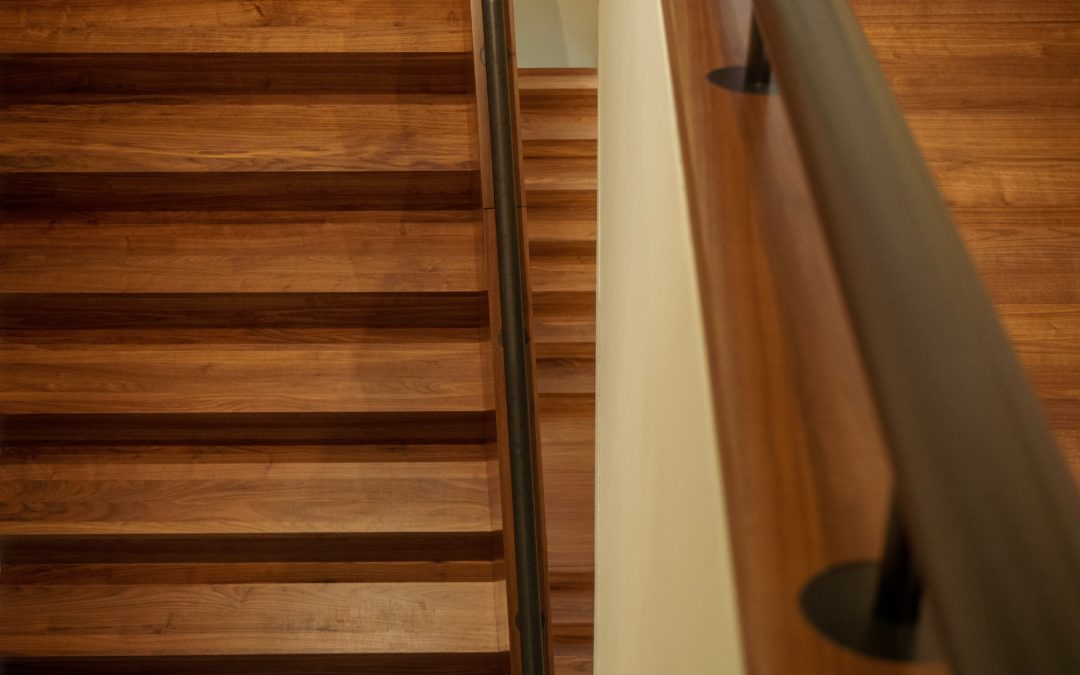Hard Surface Flooring
Hard flooring can be beautiful and easier to maintain than carpet. However, the impact on downstairs neighbors must be recognized. There are Association and legal requirements to address when considering hard flooring installation and addressing existing hard flooring.
Declaration Requirements
Most Association Declarations require Unit Owners to obtain permission from the Board to change from soft to hard surface flooring. Many require written permission from the owner of the Unit below the proposed hard floor as well. The Board may often condition approval of hard flooring on the installation of an acoustical subfloor to reduce noise transmission between floors.
Declarations additionally ban noxious or offensive activity affecting other Owners. Common language for this requirement is: “No noxious or offensive activity shall be carried on in any Unit or Common or Limited Common Element, nor shall anything be done therein which may be or become an annoyance or nuisance to other Owners.” Hard flooring may be a nuisance as well as an annoyance.
Applicable Law
Aside from Declaration requirements, Unit Owners have certain legal duties to each other; and the Board has a legal duty to the Unit Owners. Unit Owners have a responsibility not to create a nuisance affecting others. The Board has a duty to act with ordinary and reasonable care on behalf of the association.
RCW 7.48.120. Nuisance defined.
Nuisance consists in unlawfully doing an act, or omitting to perform a duty, which act or omission either annoys, injures or endangers the comfort, repose, health or safety of others, offends decency, or unlawfully interferes with, obstructs or tends to obstruct, or render dangerous for passage, any lake or navigable river, bay, stream, canal or basin, or any public park, square, street or highway; or in any way renders other persons insecure in life, or in the use of property.
64.34.308. Board of directors and officers.
(1) Except as provided in the declaration, the bylaws, subsection (2) of this section, or other provisions of this chapter, the board of directors shall act in all instances on behalf of the association. In the performance of their duties, the officers and members of the board of directors are required to exercise: (a) If appointed by the declarant, the care required of fiduciaries of the unit owners; or (b) if elected by the unit owners, ordinary and reasonable care.
Potential Claims by “Downstairs Neighbors” include:
- Violation of Declaration provisions against offensive activity
- Violation of Declaration provisions restricting installation of hard flooring
- Nuisance
- Board of Directors’ breach of duty of reasonable and ordinary care
Unit Owners impacted by hard flooring above them may have claims against upstairs Unit Owners and against the Board if it does not reasonably enforce the Association’s governing documents.
Practical Solutions
Where Unit Owners are adversely affected by hard flooring that has already been installed, sound testing can be done to determine the impact. Physical means of baffling sound are available if the testing results merit change. Upstairs Unit Owners may also, in certain cases, be required to remove hard surface flooring or reinstall carpeting over hard surface flooring installed in any area which was originally carpeted.
Where Unit Owners learn that upstairs neighbors are investigating replacing carpeting with hard surface flooring, they should communicate their concerns before installation occurs.
In either case it is usually best to communicate your concerns to your neighbor and attempt to resolve the issue. If this does not provide a solution, Unit Owners should quickly reach out to Community Association Managers and the Board to protect their rights under the Declaration. Many Declarations provide for a Due Process Hearing to allow Unit Owners to present information before the Board decides how best to enforce the Declaration.
If the Board does not enforce the Declaration to stop nuisances, offensive activity, or unauthorized installing of hard surface flooring, Unit Owners may still take legal action. It is best to start with communication and attempt to resolve the situation but, should further action be needed, the common progression is:
- Communication with Neighbors
- Communication with the Community Association Manager and the Board
- Due Process Hearing
- Mediation, Arbitration, and/or Litigation
There are many benefits to living in Community Associations. There are also obligations created to benefit each member. Reasonably enforcing those obligations supports an enjoyable living environment for all. Floor to ceiling living can be enjoyable if everyone realizes their impact on their neighbors and makes the effort to communicate with each other as issues arise.

Recent Comments